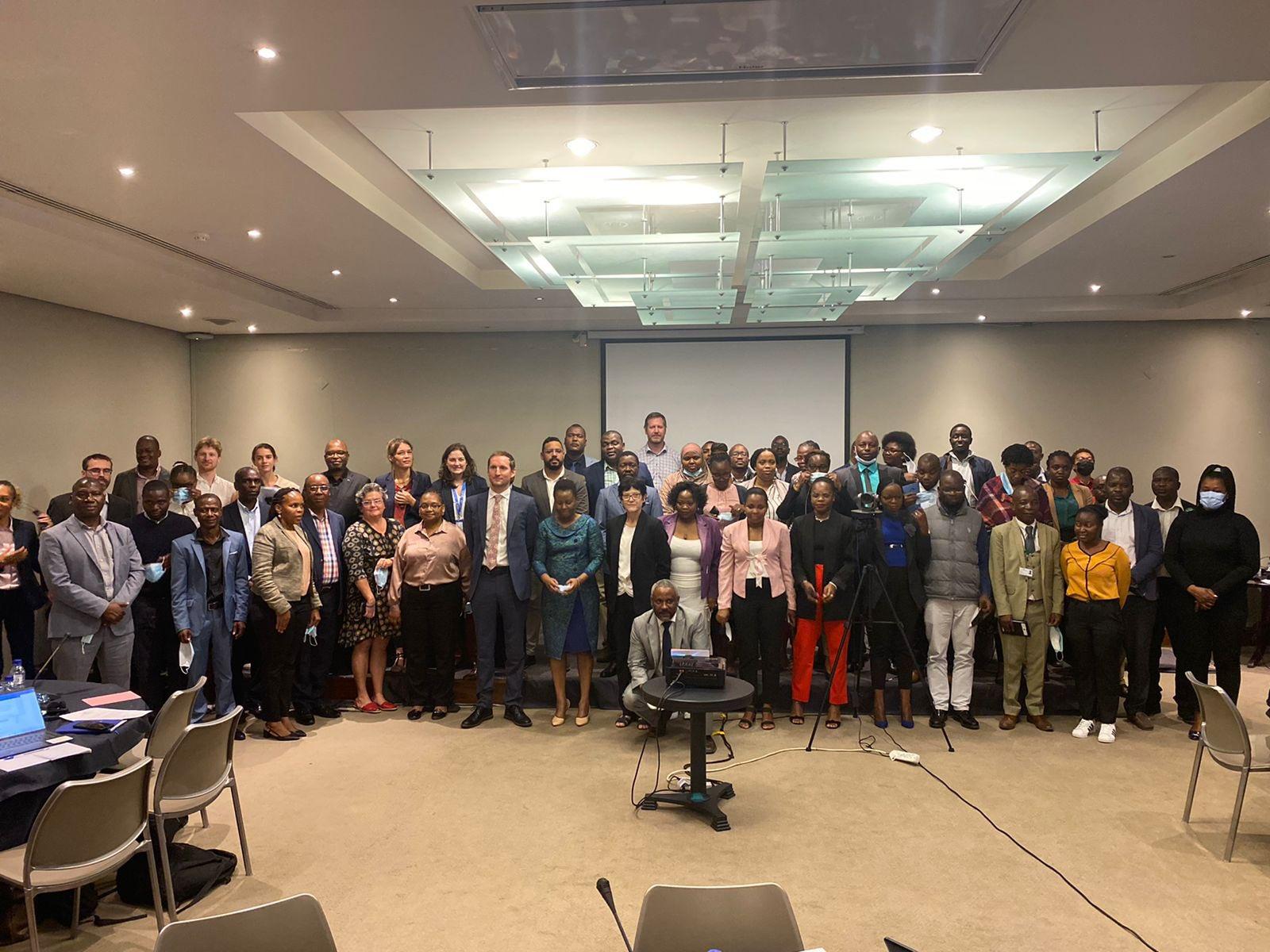Mobilising climate finance for the implementation of Mozambique’s Nationally Determined Contributions under the Paris Agreement
By Simon
De Clercq, Samuel Buvane and Adriaan Tas
Since Mozambique
signed the Paris Agreement in 2016, the country has taken several steps towards
combating climate change and building climate resilience. At COP26 in Glasgow
in 2021, Mozambique launched its Updated Nationally Determined Contributions
(NDC) to reflect its raised climate ambitions. The NDC is the national climate
plan under the Paris Agreement and lists the country’s planned contributions on
climate adaptation and mitigation. Scaling up and accelerating the mobilization
of financial resources has been identified as a critical challenge for the
implementation of the NDC. Access to climate finance will be important to
enable the country’s transition towards a climate-resilient and low-carbon economy.
Recognizing
the need to mobilise resources and partners, the Government of Mozambique held
a Cooperation Workshop on Climate Finance on July 21 and 22 in Maputo. The
event was organized by the Ministry of Land and Environment, in collaboration
with the Ministry of Economy and Finance. The objective of the workshop was to facilitate
a structured discussion between Mozambican Ministries and representatives from development
partners and NGOs about how Mozambique can mobilise additional resources. Over
100 participants, attending physically in Maputo and virtually from across the
world, took part in the discussion
The 2-day workshop
consisted of sessions with the aim of identifying barriers for the mobilisation
of climate finance and developing ways to overcome them. Sessions were organised
on mainstreaming climate in the national budget, climate finance from
development partners, the country’s experience with local adaptation plans, international
climate funds, the role of national institutions in the deployment of climate
finance, and the potential of carbon markets and innovative financing
instruments (e.g. debt-for-climate swaps, the Adaptation Benefits Mechanism and
green bonds).
The discussion showed that there is a need
for clear definitions on climate
finance and that the country requires a consistent methodology to track climate
finance across different ministries. A climate finance taxonomy would help to develop
mobilisation strategies and make informed decisions on which fundings sources
to prioritise. While Mozambique has started to integrate
climate change in some of its financial decisions, it is important that climate
change is mainstreamed across all economic sectors. An effective response to
climate change will require that all financial flows are made consistent with a
path to low greenhouse gas emissions and climate-resilient development.
The sessions showed
that, while the country is already mobilising some climate finance, the overall
amount is not sufficient to meet the country’s needs. Carbon markets were
identified as a way to mobilise additional financing. Participants highlighted
that the framework created under Article 6 of the Paris Agreement may be particularly
relevant to enable the country’s energy transition. One of the conclusions of the
workshop is that a Task Force on Article 6 will be set up in order to allow the
country to tap into this type of funding.
Climate Finance
Experts from Enabel in Mozambique provided technical support to the Workshop.
Through its Study and Expertise Fund, Enabel has established a climate finance
team to support the Mozambican Government on planning and mobilization of
climate finance. The Workshop received financial support from Belgium and the
UK. Both countries are co-chairs of the Coalition of the Willing on Climate
Change and Resilience, which was established as group of development partners
committed to high-level engagement with the Government of Mozambique on issues
related to climate change and resilience. Climate finance is one of the work
areas of the Coalition.
The results of the
workshop will support the development of a National Climate Finance Strategy.
The development process of this strategy was started by the Government of
Mozambique in February 2022, with support from Enabel’s Climate Finance
Experts. The discussions that took place during the workshop will also support Mozambique’s
participation at COP27 in Sharm el-Sheikh later this year, where climate
finance will be one of the key discussion points.
Latest news from this project
No news

